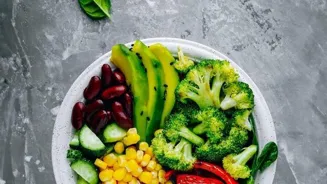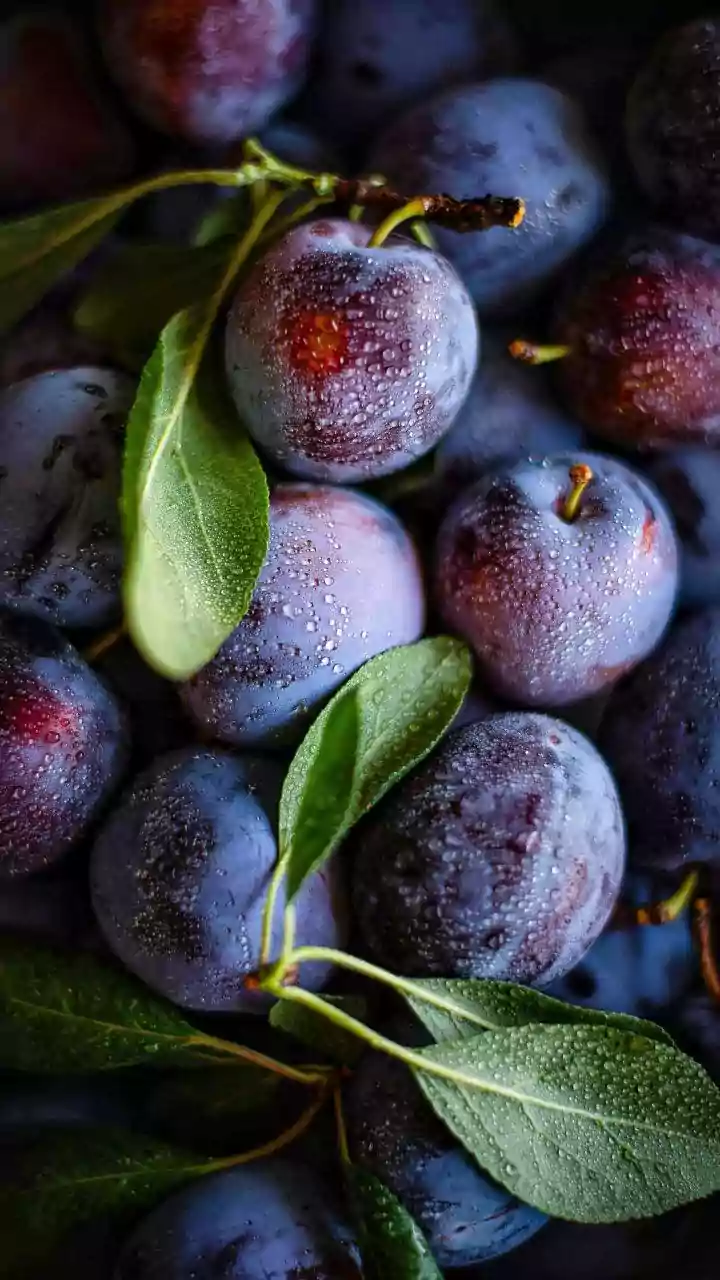Unlock the Secrets of a Balanced Indian Meal - Learn to Build the Perfect Thali with 7 Essential Ingredients
Namaste, folks! Are you also tired of feeling sluggish after lunch or dinner? Do you ever wonder
why some days you're full of energy, while others you're just dragging your feet? The answer, my friends, might be simpler than you think: it's all about balance!
Creating a balanced meal is like building a strong foundation for your health. It's not just about filling your stomach; it's about nourishing your body with the right mix of nutrients.
And in a land as diverse as India, with its rich culinary heritage, understanding how to put together a balanced “thali” is super important. Don’t worry, it’s not rocket science!
We’re breaking down the seven essential components you need to consider to create a meal that is both delicious and good for you. Forget those fancy diet fads; let's go back to basics and build a healthy eating habit.
So grab a cup of chai, get comfortable, and let's dive into the secrets of a perfectly balanced Indian meal, one delicious ingredient at a time. Whether you are cooking for yourself or your whole family, following these essential tips is sure to benefit all.
Getting your everyday diet sorted will ensure a life full of vitality and energy, leading to a happy existence overall.
Choose whole grains for better health and energy
First on our list is the mighty Cereals, the heart of most Indian meals. Think about roti, rice, bhakri, or even poha – these are your primary sources of carbohydrates, giving you the energy you need to power through the day. But here's the thing: not all grains are created equal.
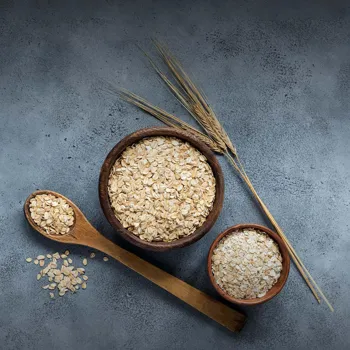
Opt for whole grains whenever possible. Whole wheat roti, brown rice, or even millets like bajra and ragi are packed with fiber, which helps you feel fuller for longer and keeps your digestive system happy. Fiber also helps regulate blood sugar levels, preventing those energy crashes we all dread.
So, next time you're reaching for that bag of polished white rice, consider swapping it for a healthier alternative. Your body will thank you for it! Plus, whole grains are often richer in vitamins and minerals compared to their refined counterparts.
Remember, it's not just about quantity; it's about quality. Choosing the right grains is the first step towards building that balanced thali of your dreams. The kind of flour also matters, make sure it is not refined.
Dals: Indian cuisine's protein-packed heroes for balanced meals
Next up, dal. Dals are the unsung heroes of Indian cuisine. Whether it's moong dal, toor dal, chana dal, or masoor dal, these lentils are packed with protein, a crucial nutrient for building and repairing tissues. They are an excellent source of protein, especially for vegetarians.
Protein is also essential for building and maintaining muscle mass, so it's important to include a good source of it in every meal. Dals are also rich in fiber, which, as we discussed earlier, is great for digestion and helps keep you feeling full.
Plus, they are a good source of iron and other essential minerals. So, a generous serving of dal is a must-have for every balanced Indian meal. You can enjoy it as a simple dal tadka, a hearty sambar, or even a flavorful dal makhani (though try to keep it light on the butter!).
The versatility of dals makes them a welcome addition to any thali. So, load up on those lentils and give your body the protein boost it deserves. Experiment with different types of dals and recipes to keep things interesting and ensure you are getting a variety of nutrients.
Incorporate colorful vegetables for a nutrient-rich diet
Now, let's talk about Sabzi, or vegetables. This is where you can really get creative and add a splash of color and a whole lot of nutrients to your meal. Aim for a variety of vegetables, from leafy greens to colorful bell peppers.
Each vegetable offers a unique set of vitamins, minerals, and antioxidants. Leafy greens like spinach and kale are packed with iron and vitamins. Colorful vegetables like carrots and pumpkins are rich in beta-carotene, which is good for your eyes.
And cruciferous vegetables like broccoli and cauliflower are known for their cancer-fighting properties. The more variety you include, the more nutrients you'll get. Try to incorporate vegetables from different color groups into your daily diet.
You can steam them, stir-fry them, or even roast them to bring out their natural flavors. A generous serving of sabzi is essential for a balanced meal, providing essential vitamins, minerals, and fiber.
Adding fresh seasonal vegetables ensures you are getting an adequate amount of necessary nutrients.
Include dairy in daily diet for calcium, protein, and gut health
Don't forget about Dairy. A glass of lassi, a bowl of dahi (yogurt), or a small serving of paneer can add a boost of calcium and protein to your meal. Calcium is essential for strong bones and teeth, while protein, as we know, is important for building and repairing tissues.
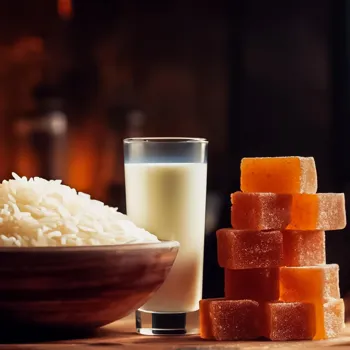
Yogurt is also a great source of probiotics, which are beneficial bacteria that promote gut health. A healthy gut is essential for overall well-being. Make sure you have a serving of some dairy item everyday. You can enjoy yogurt plain, add it to your raita, or use it to make a delicious marinade.
Lassi is a refreshing and cooling drink, perfect for hot summer days. And paneer can be added to your sabzi or enjoyed as a standalone dish. Just be mindful of the fat content, especially if you're trying to watch your weight. Opt for low-fat or skimmed milk and yogurt whenever possible.
Dairy products are available in various forms, choose the right one and you will have a balanced meal.
Nuts are a nutritional powerhouse for overall health
A small serving of Nuts play an important role. Nuts are a powerhouse of nutrition, offering a healthy dose of fats, protein, and fiber. Almonds, walnuts, cashews, and pistachios – each nut offers a unique set of benefits. Healthy fats are essential for brain health and hormone production.
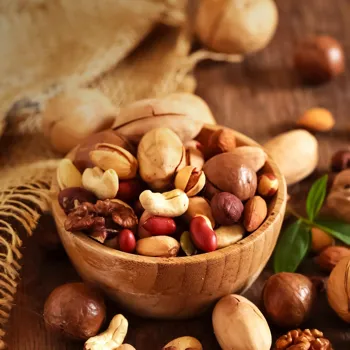
Protein, as we know, is important for building and repairing tissues. And fiber helps keep you feeling full and promotes healthy digestion. Nuts are also rich in vitamins and minerals, making them a valuable addition to your diet.
It is best to have nuts in limited capacity for maximum health effectiveness. So, a handful of nuts can be a great addition to your thali. You can add them to your poha, sprinkle them on your salad, or simply enjoy them as a snack. Just be mindful of the portion size, as nuts are calorie-dense.
A small handful is all you need to reap the benefits. Adding a variety of nuts will provide a range of nutrients, it will eventually lead to a healthy life.
Staying hydrated with water for health and well-being
And of course, let's not forget Water. Staying hydrated is essential for overall health and well-being. Water helps regulate body temperature, transports nutrients, and flushes out toxins. Aim to drink at least eight glasses of water a day.

You can also get fluids from other sources, such as lassi, soups, and fruits. Staying hydrated throughout the day is important for maintaining energy levels and preventing headaches. It can also help with digestion and weight management.
And add a natural cooling agent like lemon and mint to have a naturally cooling water. So, make sure you're drinking enough water throughout the day, especially during meals. Keep a water bottle handy and sip on it regularly. Your body will thank you for it.
Staying away from sugary aerated drinks is of utmost importance to hydrate yourself, this is very important. Overall, having water at regular intervals balances the diet and keep yourself active through the day.
AI Generated Content. Glance/InMobi shall have no liability for the content